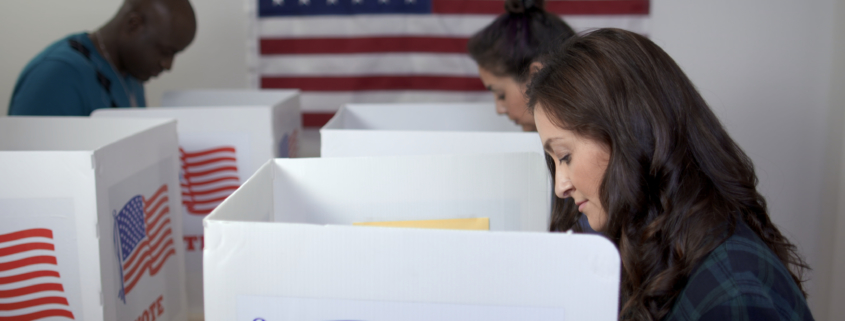5 Days Remaining
While we would like to think that our elections and the administrators that oversee these processes are fair and unbiased, the reality is not as simple as that. As with most of the other topics we have covered in our special feature, “Countdown to November 3rd: Reflections on Voter Access,” the issue of partisan election administration is extremely convoluted.
NPR’s Miles Parks, who covers voting and elections, explains that at the state level, two-thirds of states elect a chief official, in many cases a Secretary of State, who oversees voting. The vast majority of Secretaries of State are partisan. About half of all local election officials are also aligned with a political party. This system of election administration has come over routine scrutiny over the past couple of decades.
The Massachusetts Institute of Technology Election Law Journal explained in a 2006 edition that remains entirely applicable today that “State and local election officials play an important role in implementing election laws and administrative rules. There is some suspicion that election officials may tilt rules and procedures to help a favored party, prompting recent proposals for nonpartisan election administration in the United States.”
National Public Radio confirmed this. Their polling shows that when most voters consider the issue, they want election officials to be non-partisan. This makes sense, as most of us, no matter what political affiliation or ideology we hold, want to feel as if our vote is counting and will be honestly reflected in the results of the election. It is an unsettling feeling to think otherwise.
Although polls show citizens to be in favor of more nonpartisan elections, election’s expert at University of California, Irvine, Rack Hasen, says that, “At least in the near term, in our hyper-decentralized, polarized politics, it’s hard to see any move towards some non-partisan administration of elections.”
It is worth mentioning that most election officials and administrators do a phenomenal job of upholding the democratic legitimacy we all want to believe in. We must ensure that this is the absolute standard, so that our confidence in democracy is warranted.





Leave a Reply
Want to join the discussion?Feel free to contribute!